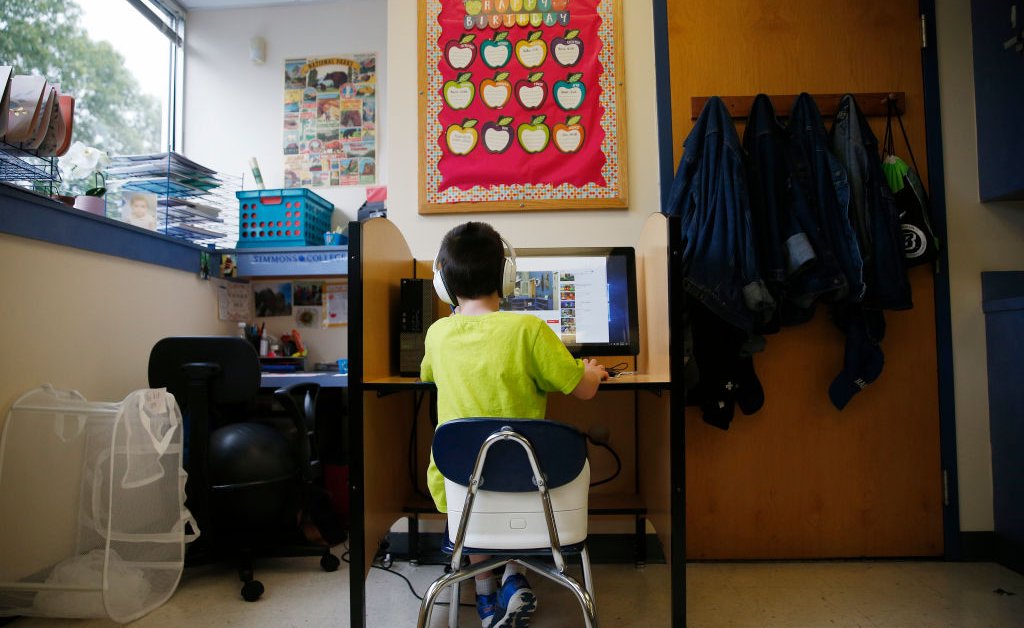As students across the country prepare to return to school, the growing presence of artificial intelligence (AI) in education is poised to revolutionize the learning experience, particularly for those with intellectual and developmental disabilities (IDD). A study conducted by the Special Olympics Global Center for Inclusion in Education found that the majority of educators and parents of students with IDD view AI as a powerful tool for promoting more inclusive learning environments. While AI will never replace the importance of human connection in teaching, there is optimism about its potential to simplify information and tailor educational approaches to individual student needs.
Despite the optimism surrounding AI’s ability to enhance learning for students with IDD, educators express concerns about potential negative impacts on the general student population. The study revealed that teachers are worried about the potential decrease in human interaction in schools as AI becomes more prevalent. Additionally, there is a fear that AI may exacerbate existing disparities in education rather than bridging them. It is clear that as schools incorporate AI into their educational practices, careful consideration must be given to ensure that all students benefit from these technological advancements.
One of the key benefits of AI in education is its ability to adapt to the unique needs of each student. Adaptive learning systems can provide personalized educational approaches that cater to individual learning styles and abilities. This has the potential to level the playing field for students with IDD, allowing them to access information and resources in a way that is tailored to their specific needs. By leveraging AI in the classroom, educators can create more inclusive learning environments that support the diverse needs of all students.
While the potential of AI in education is promising, it is essential for school leaders to carefully navigate the integration of AI to ensure that it does not inadvertently create barriers for students with IDD. By prioritizing human connection and maintaining a focus on inclusive practices, schools can harness the power of AI to enhance the learning experience for all students. As the new school year approaches, educators must be proactive in addressing concerns and maximizing the benefits of AI in education to create a more equitable and inclusive learning environment for students of all abilities.









